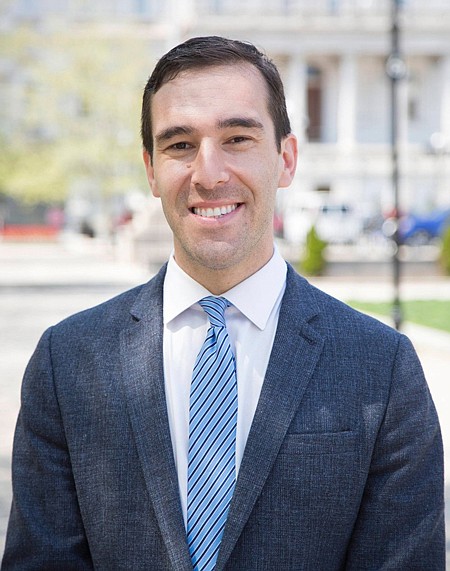As the novel coronavirus continues to wreak havoc on the nation, the mental health community isn’t being forgotten.
Baltimore Councilmembers Zeke Cohen, Kristerfer Burnett and a coalition of community organizations have launched the Baltimore Neighbors Network (BNN), which is designed to respond to what the group called a looming mental health crisis caused by the disease.
The network, which hopes to reach as many as 85,000 community members over the next six months, will enlist neighbor volunteers, mental-health ambassadors, and pro bono clinicians to address the epidemic of loneliness and isolation created by COVID-19.
“The Baltimore Neighbors Network really grew out of conversations that were being had with several of our community partners, but started with the Mental Health Association of Maryland, Pro Bono Counseling, the Baltimore City Office on Aging and my office,” Cohen said in an interview with the Baltimore Times.
“Through my work on the Elijah Cummings Healing City Act over the past few years, I’ve been actively having conversations with Baltimoreans about the trauma that they experience,” Cohen said. “And, when the pandemic started, I immediately recognized that this was going to impact our community not just physically, but mentally as well. Together, with nearly 20 other organizations, we began to build what is now the Baltimore Neighbors Network.”
To help those with mental health concerns, volunteers will make calls to offer support, assess wellbeing, and create critical connections. Neighbors will then be invited to join the Neighbors Network, creating a peer-to-peer system of support. Those that require additional services will be connected to mental health ambassadors and pro bono clinicians, according to Cohen’s office.
“Our goal is for individuals to make proactive phone calls to check on isolated and senior members in their community. Those who wish to volunteer to make phone calls are vetted through an initial background check,” Cohen said. “They then participate in about five hours of training on harm-reduction and inclusive listening, script and technical training. Once on-boarding has been completed, volunteers will be assigned to make ten pre-assigned points of contact per week, totaling approximately 2.5 hours.”
During those calls, volunteers will field responses to determine what additional services, resources, or check-ins their contacts might need.
The calls will be proactive outreach to check-in on those most isolated and vulnerable in our community, Cohen added.
Also, Pro Bono Counseling Project clinicians will volunteer time and skills to assist individuals with mid to high levels of behavioral health needs via telehealth.
The clinicians are licensed and insured and have been vetted. Social work students, as well as health and human service professionals, will be able to volunteer at levels appropriate to their experience, expertise and interest.
“During what is arguably the most challenging period in our lifetime, it is more important than ever for Baltimoreans to unite. We face a deadly virus that threatens to tear us apart. In this moment of crisis, we will not turn our backs on our most vulnerable residents.” Cohen said.
